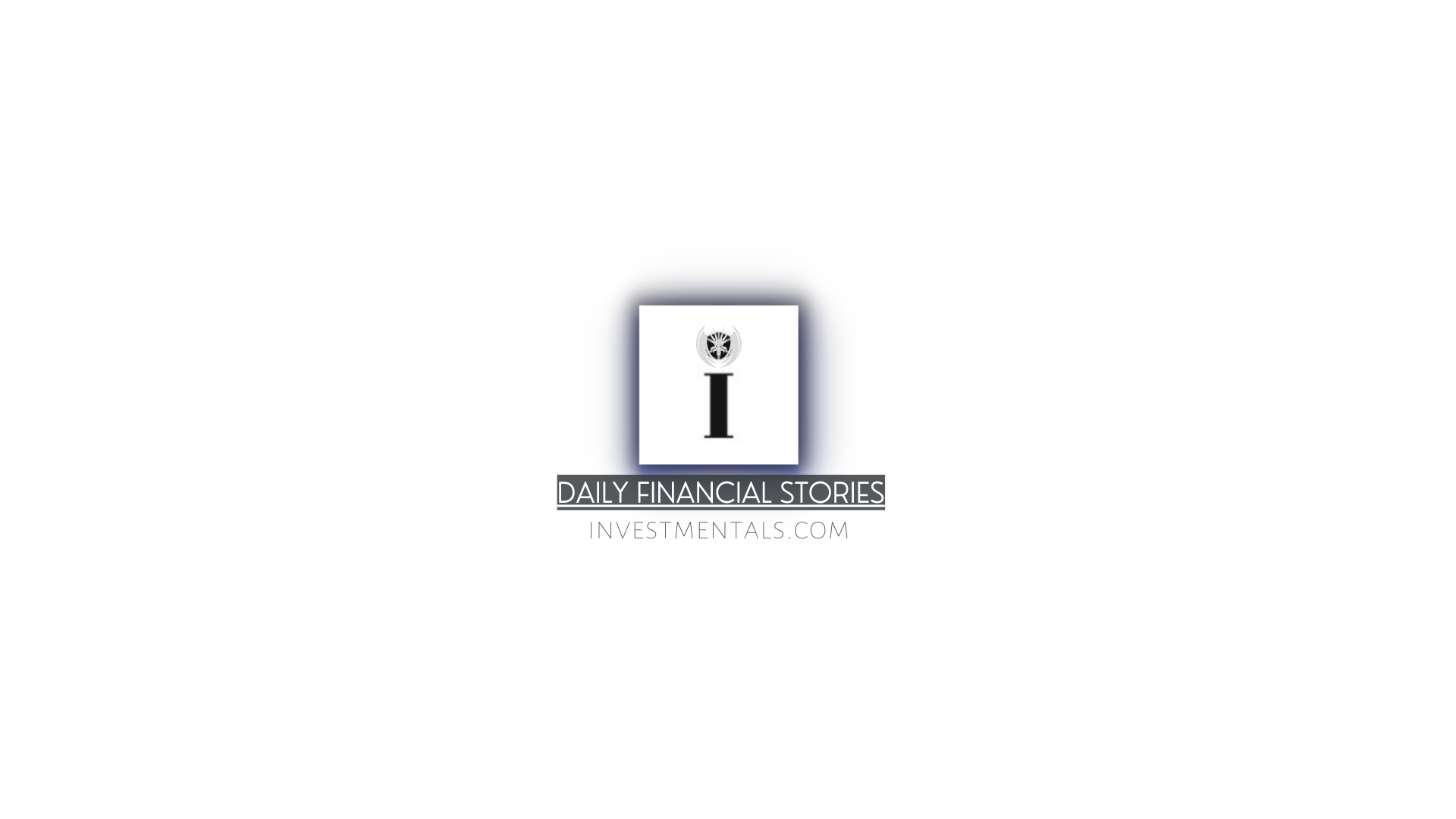“I don’t want to feel retired, I don’t want to feel old.” – Chris Nelson

Culture for Chris Nelson, who sold his recruitment business, Pure, in 2019, is about embracing the next chapter in life. At 61, instead of resting on his laurels, Nelson has transitioned into a role of mentorship and investment in promising startups. The well-experienced entrepreneur’s journey offers some unique lessons for emerging entrepreneurs and investors.
Nelson’s leadership at Pure saw the company excel in North American hiring assignments, leading to a £20 million turnover and a 130-employee team, all firmly committed to a strong corporate culture. This dedication to fostering a positive work environment, according to telegraph.co.uk, led to a successful sale in a deal backed by Literacy Capital.
Nelson’s post-retirement activities involve mentoring young entrepreneurs, offering them guidance, and investing in their ventures. He thrives on the energy and innovative ideas these startups bring. Despite this fulfillment, he acknowledges that the adrenaline of entrepreneurship is something he now misses.
“It was my passion. I used to jump out of bed at 6am eager to work,” he says. However, Nelson has no regret for what he had built and sold it.
“I never once looked back and thought ‘I wish I was still there’. I tend to look forward to the next challenge.”
Nelson’s success story highlights for entrepreneurs the importance of nurturing and prioritizing workplace culture. It was the foundation of Pure’s success and contributed to a smooth transition during the sale, according to Gary Quick, a director of financial planning at Charles Stanley.
For investors, his balanced approach stands out. He describes himself as a “risk-taker but not a lavish one,” highlighting the significance of prudence in investment decisions.
Moreover, as entrepreneurs, similar to Nelson, move into retirement, they may benefit from the assistance of financial planners to secure their well-deserved rewards and establish future financial plans. He also suggests that professional guidance and prudent wealth management help secure financial well-being.
Nelson, stating that his father was incredibly cautious with money, asserts, “I’m not extravagant; I value my wealth.”
According to Nelson, his wife Dorrie, who retired eight years ago from her HR consultancy, is now urging him to slow down. “She says I need to learn the word ‘no’. But I’ve always had lots of energy, I still need to be doing things. I can still relate to people in their thirties. But I think a time will come when I no longer add value and then I will sign off.”
Nelson’s journey post-business ownership, marked by his ongoing commitment to adding value and giving back, serves as an interesting example of the enduring entrepreneurial spirit, guiding and inspiring other seasoned entrepreneurs.







